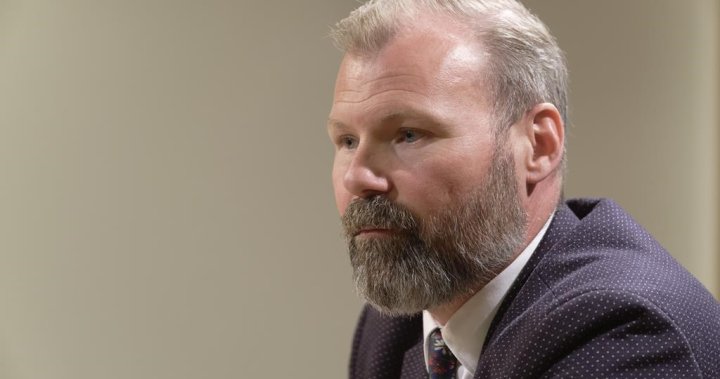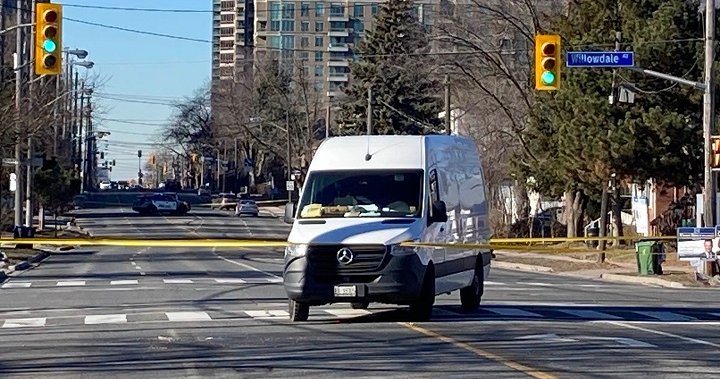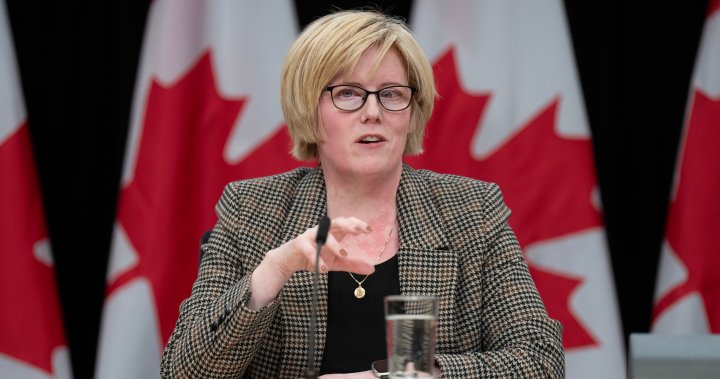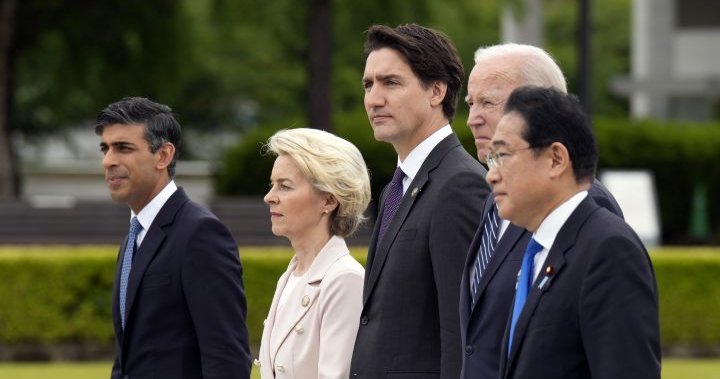Dustin Duncan, the minister responsible for SaskEnergy, says he’s doesn’t think carbon price rebates will be impacted as the Crown utility stops collecting the federal fuel levy for home heating.
Back in October, Saskatchewan Premier Scott Moe said SaskEnergy would stop collecting the carbon tax from residential customers at the beginning of the year in response to Prime Minister Justin Trudeau pausing the charge on home heating oil for three years.
The exemption applies nationally, but the largest proportion of heating oil users are in Atlantic Canada.
“Not only did that not affect the rebates for people in Atlantic Canada, so there wasn’t a corresponding decrease in the rebates for those individuals. But at the same time, the prime minister doubled the rural rebate component from 10 to 20 per cent,” Duncan told Global News Tuesday.
“So again, this is another issue that we’re looking for fairness. If Atlantic Canadians didn’t see a reduction in the rebates after the federal government exempted them from the carbon tax, why would Saskatchewan people in Saskatchewan see a reduction in our rebates?”
With the carbon price currently at $65 per tonne, a SaskEnergy customer with a $100 bill would pay $22.36 in federal carbon charges. When the carbon price increases to $80 per tonne on April 1, that charge would be $25.57 on a $100 bill.
In 2022, SaskEnergy remitted $172 million to Ottawa through the fuel charge when it was $50 per tonne.
University of Regina assistant economics professor Brett Dolter says that because households no longer pay the federal fuel charge, rebates will likely decrease.
Get the latest National news.
Sent to your email, every day.
“I think it’s been billed as a tax relief, but I think we also have to realize that it’s a rebate relief as well, which means we’re not going to be getting as high of rebates,” Dolter said.
“The way that the carbon price has worked is that that money that’s been paid for charges on gasoline, diesel, natural gas is going into a fund and people get the quarterly payments based on their household size.”
Katherine Cuplinskas, a spokesperson for Finance Minister Chrystia Freeland, defended the federal government’s position, saying Saskatchewan families get more back in rebates than they pay in the pollution price.
“The price on pollution puts more money back into the pockets of the majority of Canadians. In 2023-24, a family of four in Saskatchewan is receiving $1,360 back through pollution pricing rebates. And, starting this spring, families living in rural communities will see a 20% top-up,” she wrote in an emailed statement Tuesday.
“Pollution pricing rebates, which are direct support to families, are contingent on a province having the federal price on pollution — a framework which has been upheld by the Supreme Court of Canada.”
In the wake of the Saskatchewan ending the collection of the federal carbon price on home heating, Duncan introduced legislation to protect SaskEnergy leadership and employees from potential legal consequences of violating the law.
This includes the Saskatchewan government saying they will provide indemnity for SaskEnergy executives and/or board members if they are fined for not remitting the carbon levy and an application with the Canada Revenue Agency to list the government as the sole supplier of natural gas instead of the Crown corporation.
“We’re not looking to put any individual, whether it be the board or the executive or any officers or agents or employees of SaskEnergy in any type of legal jeopardy,” Duncan said.
When asked for comment on a potential legal response, the Attorney General’s office deferred comment to Environment and Climate Change Canada. Environment Minister Steven Guilbeault’s office deferred comment on this story to the finance ministry.
With files from The Canadian Press.
© 2024 Global News, a division of Corus Entertainment Inc.




